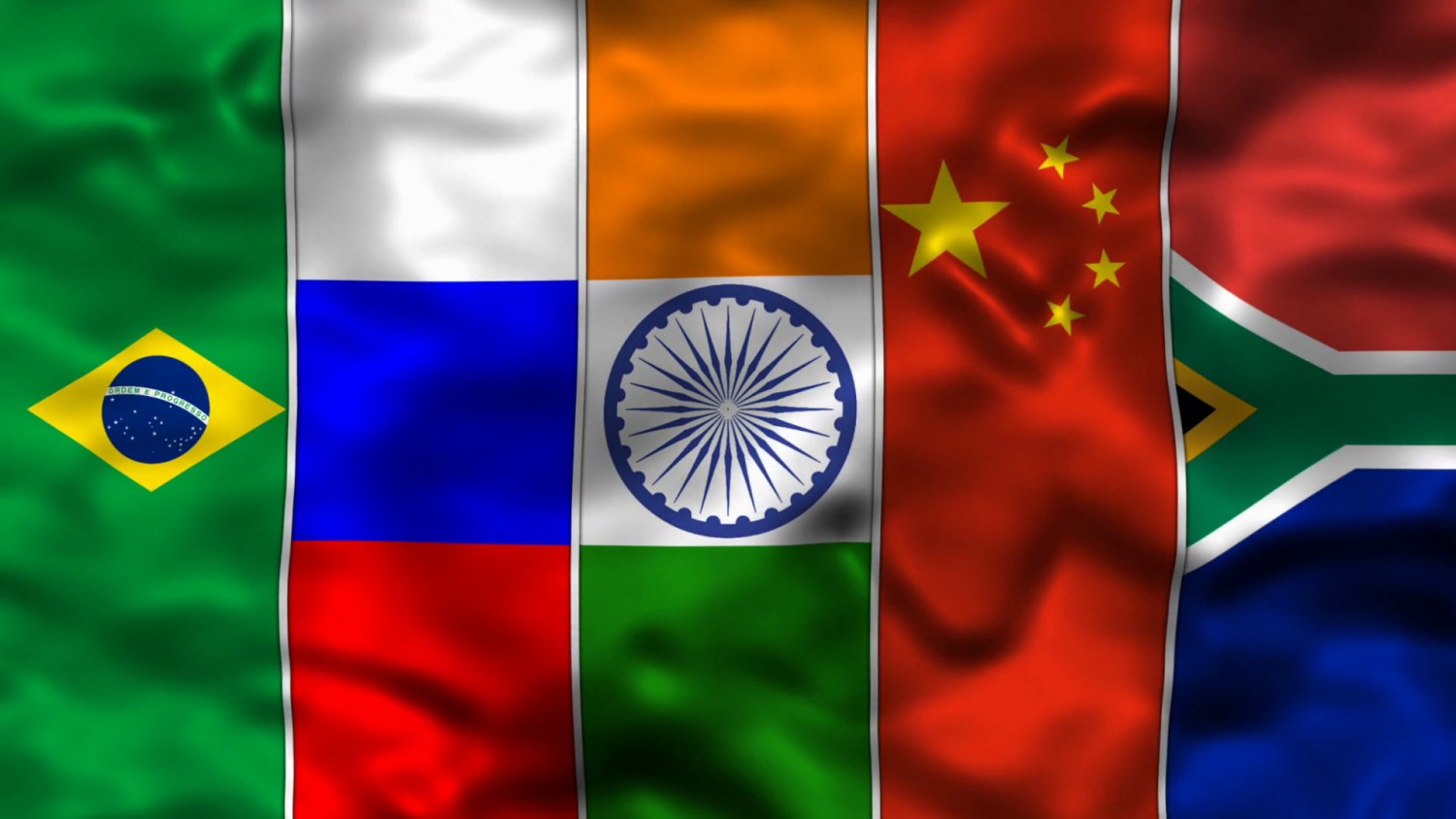On March 30, the BRICS Working Group for the Research of Competition Issues in Food Markets met on the topic "Volatility in World Food Markets: Challenges and Solutions." The event was held within the framework of the Roundtable "Activities of antimonopoly authorities in socially significant food markets in modern conditions” held on March 27-31 in Kazan.
Volatility in global food markets has increased over the past few years. The effects of the COVID-19 pandemic, military conflicts and global economic turbulence continue to take their toll. These factors contribute to the disruption of established supply chains and price spikes, as well as undermine regional food security. According to Rosstat, the cost of food in Russia increased by more than 10% in 2022. Although the World Bank predicts that world food prices may fall by 5% in 2023, they will remain above pre-crisis levels. Participants in the working group are invited to discuss what tools the antimonopoly services can use to curb price increases, prevent supply shortages, and stabilize the economy.
Moderator:
- Andrey Tsyganov, Deputy Head of the FAS Russia
Speakers:
- Larisa Vovkivskaya, Head of the Department for Control over Agro-industrial Complex of the FAS Russia;
- Amadou Cesay, Ceo/Executive Secretary, Gambia Competition and Consumer Protection Commission (online);
- Alexey Ivanov, Director of the BRICS International Competition Law and Policy Centre;
- Hardin Ratshisusu, Deputy Commissioner of the Competition Commission of South Africa (CCSA) (online)
and others.
The BRICS Working Group of antimonopoly agencies came into being in 2015, when the BRICS chairmanship belonged to Russia. The group was engaged in research on competition issues in global food markets. It was then that the format of the work was first tested, in which the BRICS academia came together to help antitrust agencies. The scientific and expert support of the BRICS Working Group for the Research of Competition Issues in Food Markets is coordinated by the BRICS International Competition Law and Policy Centre and includes scientists involved in antitrust law and regulation of agrifood markets from all BRICS countries.
